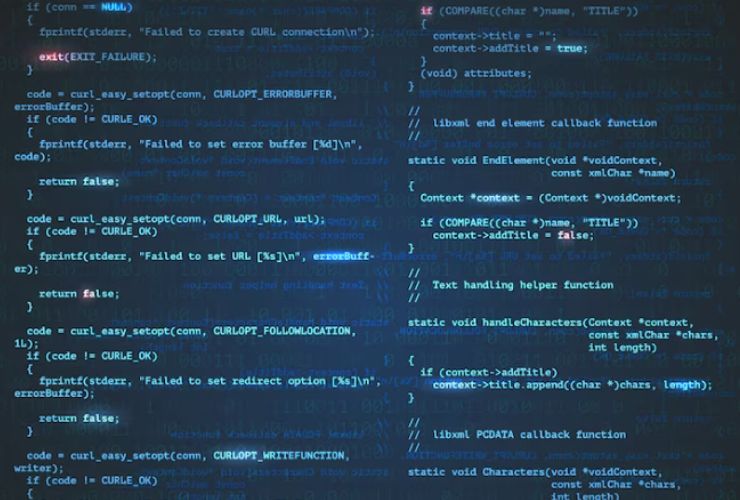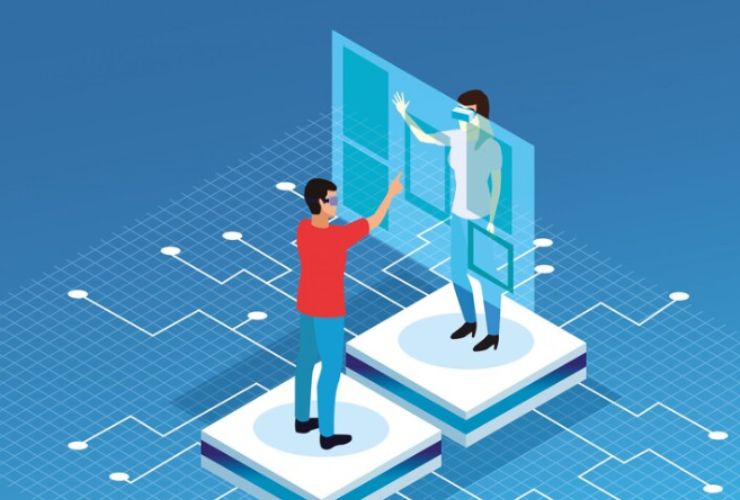Node.js is a high-performance runtime environment for developing server-side applications. Adopting best practices in your applications makes them efficient, scalable, and maintainable. Detailed below are guidelines that would make you write better code for Node.js, and do not go into actual examples.
1. Modularize Your Code for Scalability
Break your application down into smaller, reusable components, each with one specific, well-defined responsibility. Your code will then be simpler to understand, test and grow. The structure facilitates finding and fixing issues while allowing different teams to work independently on separate parts without having to interfere with each other.
2. Optimize Asynchronous Operations
Node.js is inherently asynchronous, so handling operations like database queries, API calls, or file processing efficiently is critical. Use modern practices to manage asynchronous flows and ensure a smooth execution process. This minimizes delays and helps maintain application responsiveness.
3. Enhance Performance with Caching
To reduce the load on servers and improve its speed, make use of caching mechanisms for frequently used data. Use solutions in which data is temporarily retained in memory or external cache, thus saving much repetition time.
4. Implement Centralized Error Handling
Having a centralized system for handling errors keeps your application stable and consistent. By recording errors with enough details, you can find the problem easily while still showing clear, user-friendly messages that don’t reveal any sensitive information.
5. Follow Standardized Coding Practices
Ensure a consistent coding style by your development team: This will make the code easier to read and better for teamwork. It helps avoid errors and improve consistency with automated tools for formatting and quality checking.
6. Avoid Blocking Operations
Use event-driven, single-threaded models in Node.js and avoid heavy tasks that would slow down the event loop. Thus, let the worker threads or even external services handle intensive work and keep your application smooth and responsive.
7. Strengthen Security Protocols
All applications should have proper security. The Node.js applications shall be protected using a strong authentication mechanism, encryption for sensitive data, and validation of every input that comes from a user. Update dependencies because sometimes the problem of vulnerabilities, update and use trusted libraries to strengthen security.
8. Monitor and Test Your Application Regularly
Consistent testing and monitoring help identify potential issues early and maintain your application’s health. Incorporate unit, integration, and performance testing into your workflow, and use monitoring tools to track performance metrics and resolve bottlenecks.
9. Manage Dependencies Wisely
Many Node.js applications use third-party packages, but often such packages can become old and unnecessary and therefore become a threat. One must always look over his dependencies and update the package dependency so that the project can stay safe and efficient.
10. Prioritize Documentation
Clear documentation ensures your application is understandable and maintainable. This includes providing details about your application’s setup, functionality, and workflows. Good documentation improves team productivity and reduces onboarding time for new developers.
Conclusion
Writing clean and efficient Node.js code is a blend of best practices and mindful development habits. By focusing on modularization, performance optimization, security, and consistency, you can create applications that are scalable, robust, and future-ready. These practices not only enhance code quality but also improve user experiences and ensure long-term success for your projects.
Contact Us Today













 Database Development
Database Development












































